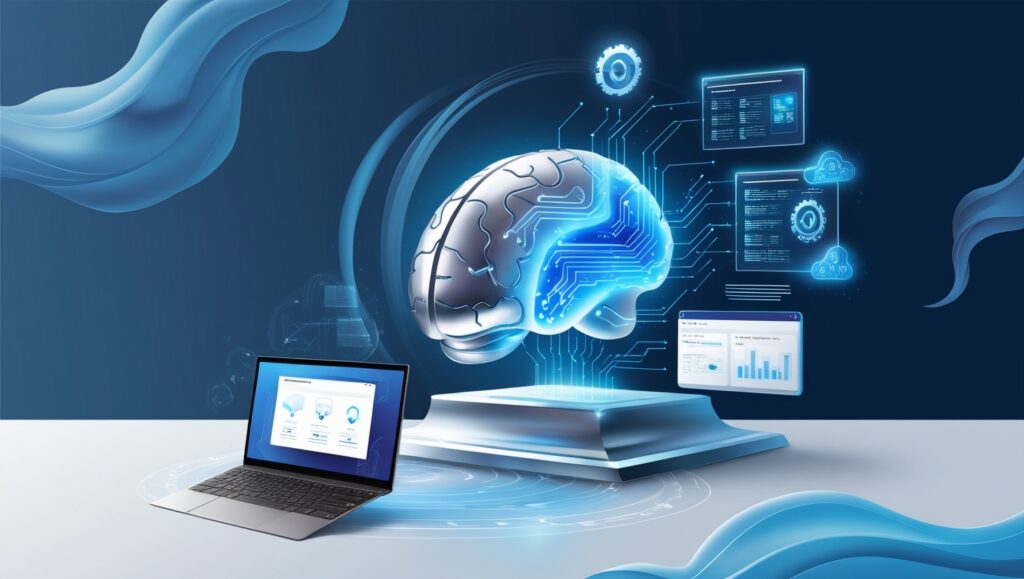In contrast to its predecessors, OpenAI claims that its new artificial intelligence model can “reason” and solve more challenging math, science, and coding problems.
The company said it expects regular updates and improvements to the model, which is the first in a series called OpenAI o1, which was released as a preview on Thursday. The majority of ChatGPT users will eventually have access to it.
As stated on their website, ChatGPT’s creators, we trained these models to think through problems more thoroughly before responding, just like a person would. Training helps them improve their ability to think critically, experiment with various approaches, and own up to their mistakes.
OpenAI highlighted two applications of the new models’ power: physicists can use them to create “complex mathematical formulas needed for quantum optics,” and healthcare researchers can use them to annotate cell sequencing data.
Noam Brown, a research scientist at the organization, also emphasized the potential of the new AI models. They want to build OpenAI’s o1 to think for hours, days, or even weeks, but for now, it only thinks for seconds. He wrote on X Thursday that there will be “inference costs”—that is, expenses associated with using AI to draw conclusions from inputs, such as increased energy bills. However, what price would you set for a novel cancer drug? For breakthrough batteries, he continued.
Top US tech executives and senior White House officials were scheduled to discuss Thursday about AI’s enormous energy consumption. A person familiar with the situation told that Sam Altman, CEO of OpenAI, Ruth Porat, a senior executive at Google, and CEO of Anthropic, Dario Amodei, were anticipated to be present at the meeting.
Even though the technology has the potential to address difficult issues like cancer and the climate crisis, it also presents equally difficult ones, such as how to meet the high electricity demand of sophisticated AI systems, which could exacerbate global warming.
According to the company, many of the features that make ChatGPT valuable—such as uploading files and images and conducting web searches for information—are not yet included in the new OpenAI model. However, it also noted that this is a major advancement for complicated reasoning tasks.
The company claims that OpenAI o1 performs similarly to PhD students in challenging benchmark tasks in physics, chemistry, and biology in tests. Furthermore, the new series of models answered 83% of the questions correctly in an exam that served as a qualifying round for the International Mathematics Olympiad.








